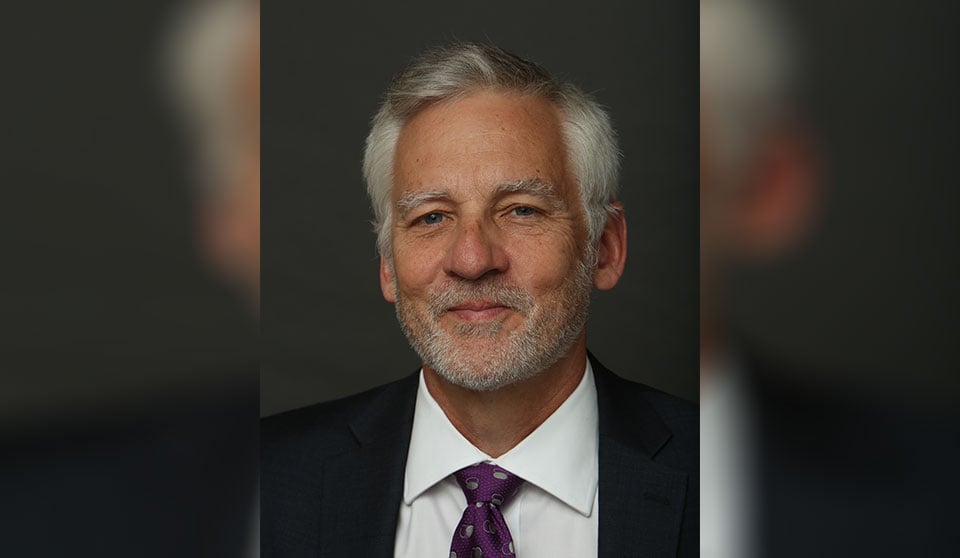Court said accused raised “novel constitutional arguments”

The British Columbia Court of Appeal has allowed judicial review of the extradition of an Indigenous man to face money laundering charges in the U.S., in a case the court said raised “novel constitutional arguments,” concerning the Charter rights of the extradited man, his children and their Indigenous heritage.
Glenn Sheck applied for judicial review of the federal Minister of Justice’s decision to surrender him to the U.S. to face charges of money laundering. Sheck is accused of directing 26 money laundering transactions between 2007 and 2012, which involved the proceeds of drug trafficking and amounted to over $7 million. Sheck is a father of four and is a member of the Bonaparte Indian Band.
In Sheck v. Canada (Minister of Justice), Justice Susan Griffin – writing for the majority – said Sheck argued the court needed to consider how his extradition would impact his children’s Charter rights, that as an Indigenous person his extradition engaged equality rights under s. 15 of the Charter and that an Indigenous person has “enhanced s. 6(1) Charter rights.”
The court was split two-to-one, with Justices Griffin and Bruce Butler ruling in Sheck’s favour and Justice Mary Saunders dissenting. The majority found that the minister had failed to consider the impact of separating Sheck from his children, “in light of their shared Indigenous heritage and the legacy of residential schools, and in light of the much longer separation that would occur if he was convicted and sentenced in the U.S. versus in Canada,” the decision states.
A memorandum from the Public Prosecution Service of Canada, delivered to the Department of Justice stated that Sheck would likely face 27 years in prison if convicted in the U.S., while his alleged crimes carry a maximum sentence of 10 years in Canada. The memorandum also advised, however, that the U.S. was the appropriate venue for his prosecution.
“The American legal system is a definitely a problematic system. The more we engage with it, the more we realize that they've got some serious problems,” says Ron Poulton, an immigration lawyer at Poulton Law in Toronto. “Having said that though, I'm still surprised.”
Poulton says the court rightly considered Sheck’s Indigenous heritage but that it is a “pretty far reach” to connect the systemic discrimination and historical harms experienced by Indigenous people to this case.
A high-school graduate who studied wood-products technology at a college, Sheck operated a wastewater treatment company and worked with his father as an electrical apprentice.
“It's a different case if it was a person who was on the streets and a drug addict and had been to the residential schools… But this guy is not that. He's a businessman who made a decision to expand his business to launder money. It has a different character to it. So, I'm not so sure that the Supreme Court's going to uphold [the decision],” Poulton says.
Sheck was committed for extradition by an extradition judge in November 2017 and his surrender was ordered by Minister of Justice Jody Wilson-Raybould in May 2018, says Kelly Crowe, a spokesperson for the Department of Justice.
“The Attorney General of Canada is carefully considering the decision of the majority and has no further response at this time,” Crowe told Canadian Lawyer.
In extradition proceedings, the justice minister must find that the case represents a reasonable limit to the accused person’s rights under s. 6(1) of the Charter, that “every citizen of Canada has the right to enter, remain in and leave Canada.” The minister must then look at the Cotroni factors, named for the 1989 Supreme Court of Canada case United States of America v. Cotroni. The factors look at which jurisdiction has a greater link to the crime or a greater ability to prosecute, the nationality of the accused and the severity of the sentence they will receive in either jurisdiction.
When it comes to the rights of the person being threatened with extradition, the minister is required to consider two tests, whether extraditing would “shock the conscience” of Canadians or be “unjust or oppressive,” states the decision.
Also relevant to extradition cases of Indigenous Canadians are the Gladue factors, requiring the court to analyze how the offender’s Indigenous heritage and the systemic disadvantages and historical trauma have played into them finding their way before the court.
Poulton says the “shock the conscience” test comes from the 1991 Supreme Court of Canada case Kindler v. Canada (Minister of Justice), which found that an extradition must be refused if the conditions the accused would find themselves in would shock the conscience of Canadians, for example, if they will face the death penalty or torture. The shock-the-conscience bar was set at the death penalty and torture because the Court in Kindler, and in subsequent cases dealing with the same issue, considered the United Nations, standards in other countries and generally accepted, basic human rights protections, says Poulton.
“It's always been a really hard bar to reach. In this case, the bar has really been lowered – really lowered to include ‘their penalties are harsher than ours.’ They are, but does that shock the conscience when it doesn't reach the death penalty or torture? And … failing to consider the interests of the children and the Indigenous context? So, it's a strange decision,” he says.










